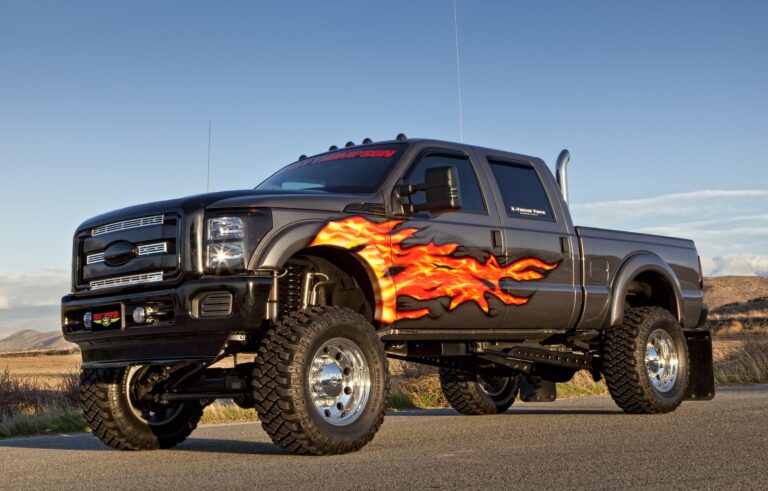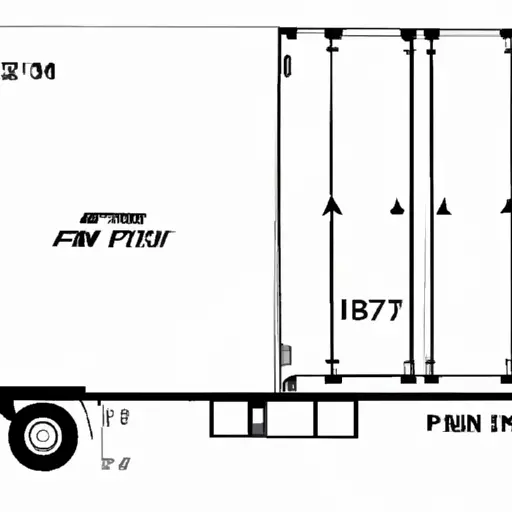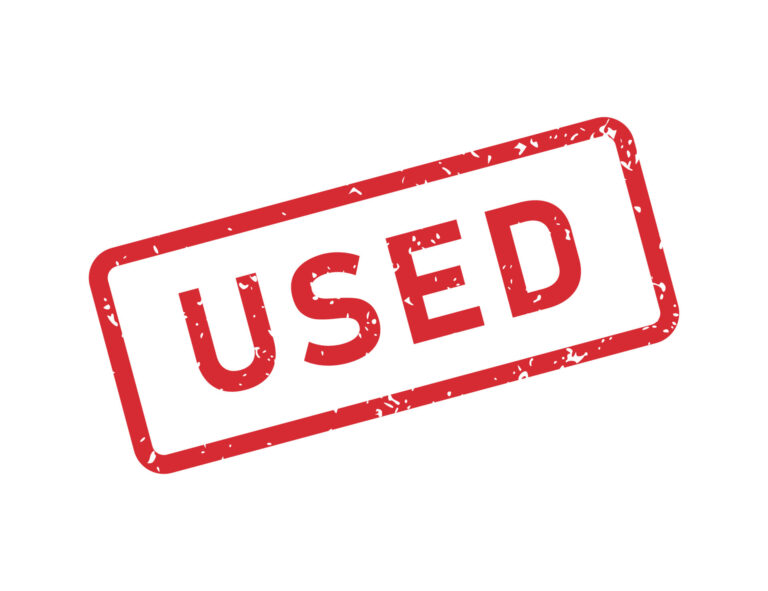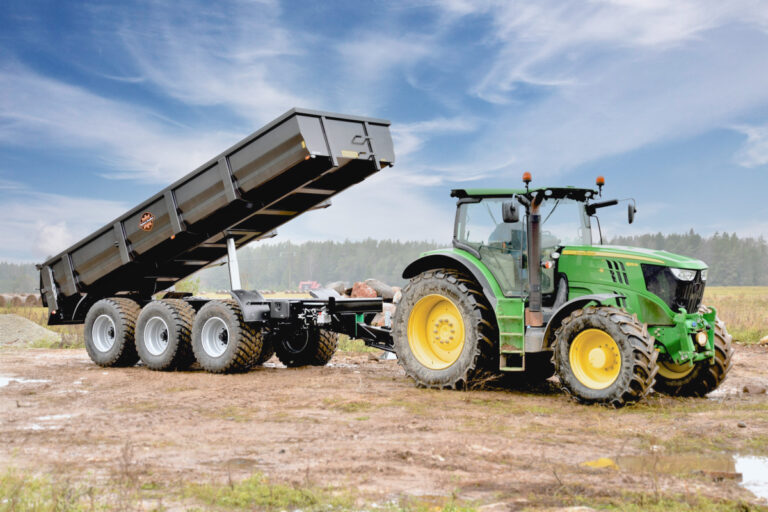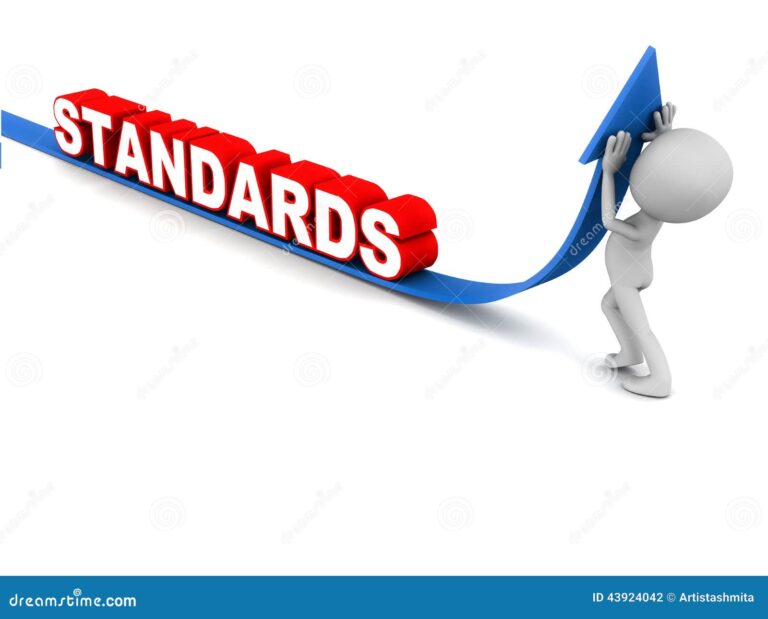Used Dodge Ram Diesel Trucks For Sale: Your Comprehensive Buying Guide
Used Dodge Ram Diesel Trucks For Sale: Your Comprehensive Buying Guide cars.truckstrend.com
For decades, the Dodge Ram (now Ram Trucks) has been synonymous with robust power, unwavering capability, and the legendary rumble of a Cummins diesel engine. These trucks aren’t just vehicles; they’re workhorses, towing titans, and symbols of enduring American engineering. When considering a heavy-duty truck, many discerning buyers turn their attention to the used market, where a pre-owned Dodge Ram diesel offers an unparalleled blend of value, performance, and the promise of hundreds of thousands of miles of reliable service.
This comprehensive guide is designed to navigate the exciting, yet sometimes complex, world of used Dodge Ram diesel trucks for sale. Whether you’re a seasoned truck enthusiast or a first-time heavy-duty buyer, understanding the nuances of these machines, from their various generations and engines to critical inspection points and common issues, is key to making a smart investment.
Used Dodge Ram Diesel Trucks For Sale: Your Comprehensive Buying Guide
Why Choose a Used Ram Diesel? The Enduring Appeal of the Cummins
The decision to opt for a used Dodge Ram diesel truck is often driven by a combination of practical benefits and the legendary reputation of its powerplant.
- The Legendary Cummins Engine: At the heart of every Ram diesel is the Cummins B-series engine. Known for its incredible durability, high torque output, and long lifespan, the Cummins has earned its reputation as one of the most reliable diesel engines ever built. It’s designed to withstand extreme loads and log massive mileage, making it ideal for towing, hauling, and demanding commercial use.
- Exceptional Towing and Hauling Capacity: Ram diesel trucks are engineered for serious work. With their powerful Cummins engines, heavy-duty frames, and robust suspensions, they offer some of the highest towing and payload capacities in their class, often surpassing their gasoline counterparts.
- Longevity and Reliability: It’s not uncommon to find Ram diesel trucks with 300,000, 400,000, or even 500,000 miles on the odometer. With proper maintenance, these trucks are built to last, offering many years of service even when purchased used.
- Strong Resale Value: Due to their legendary reliability and demand, Ram diesel trucks tend to hold their value exceptionally well. This means your investment is likely to depreciate slower than many other vehicles.
- Cost-Effectiveness: Buying used allows you to get a highly capable heavy-duty truck at a significantly lower price than a new model, providing excellent value for your money. While diesel fuel can be more expensive, the better fuel economy (for a heavy-duty truck) and longevity often balance out the running costs.
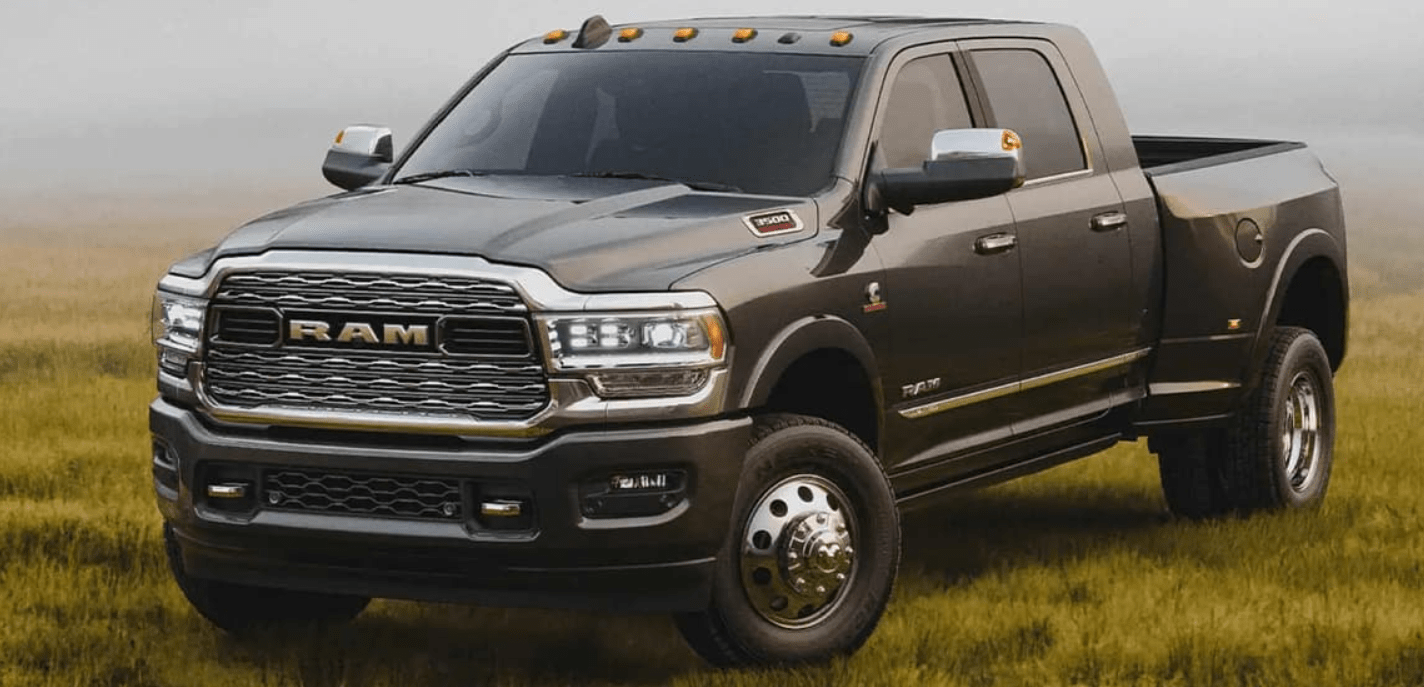
Understanding the Generations and Engines: A Ram Diesel Lineage
The evolution of the Dodge Ram diesel truck spans several distinct generations, each with its own characteristics and engine variations. Knowing these differences is crucial for targeting your search.
- Second Generation (1994-2002): These trucks introduced the iconic "big rig" styling that redefined the pickup truck aesthetic.
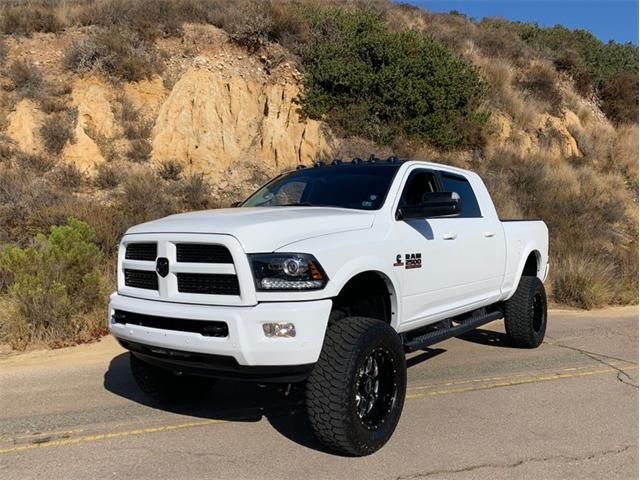
- 5.9L 12-Valve Cummins (1994-1998): Revered for its mechanical simplicity and bulletproof reliability, often considered the easiest to work on and modify. Known for the "Killer Dowel Pin" (KDP) issue, which is a relatively simple preventative fix.
- 5.9L 24-Valve Cummins (1998.5-2002): Introduced electronic controls for improved power and emissions. While powerful, the VP44 injection pump is a known failure point, and some early 24-valve engines (known as "53 block") had block cracking issues.
- Third Generation (2003-2009): Brought significant interior and chassis upgrades, offering a more refined ride and cabin.
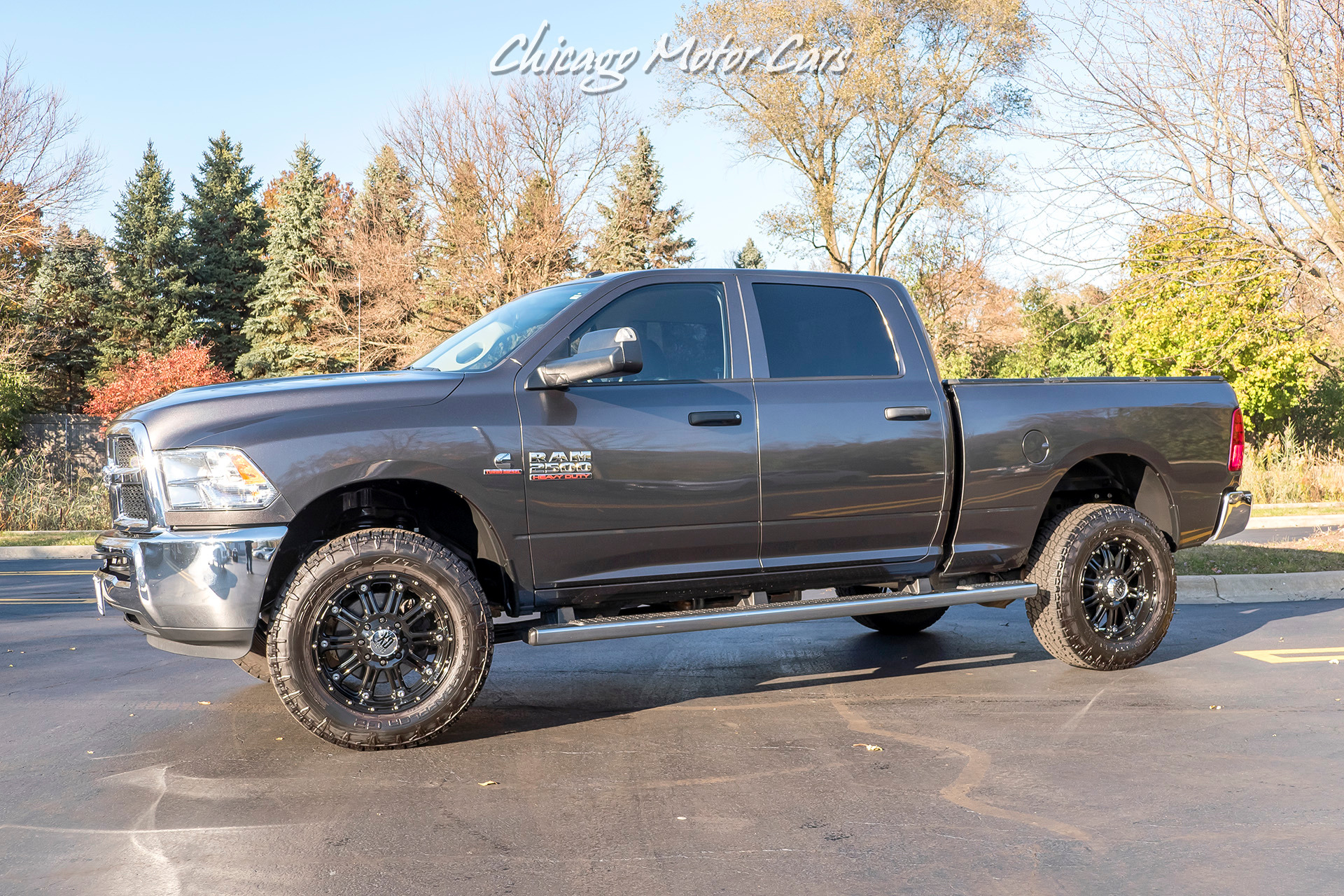
- 5.9L Common Rail Cummins (2003-2007): Widely considered a "sweet spot" by many enthusiasts. It offers modern common-rail injection for power and efficiency without the complex emissions equipment (DPF/DEF) found in later models. Very reliable, though injectors can eventually need attention.
- 6.7L Cummins (2007.5-2009): Introduced to meet stricter emissions standards, featuring a Diesel Particulate Filter (DPF) and Exhaust Gas Recirculation (EGR). While powerful, early versions of these emissions systems can be prone to issues, leading some owners to "delete" them (though this is illegal for on-road use in many areas).
- Fourth Generation (2010-2018): Ram Trucks became a standalone brand. These trucks boasted further interior refinements, improved ride quality (coil springs on the rear of 1500, though heavy-duty still leaf), and continued evolution of the 6.7L Cummins. Emissions systems continued to evolve and improve.
- Fifth Generation (2019-Present): The latest iteration, featuring cutting-edge technology, luxurious interiors, and even higher power outputs from the 6.7L Cummins, often with multiple power levels available. These models incorporate sophisticated emissions systems including DPF and Selective Catalytic Reduction (SCR) requiring Diesel Exhaust Fluid (DEF).
Key Considerations Before Buying: Due Diligence is Paramount
Purchasing a used diesel truck requires a meticulous approach. Don’t rush the process.
- Mileage vs. Condition: High mileage on a Cummins diesel is not necessarily a red flag, especially if backed by comprehensive maintenance records. A 200,000-mile truck with diligent upkeep might be a better buy than a 100,000-mile truck that was neglected. Conversely, unusually low mileage for an older truck might indicate it sat for long periods, which can also lead to issues.
- Maintenance Records: This is perhaps the single most important factor. A well-documented history of oil changes, fuel filter replacements, transmission services, coolant flushes, and any major repairs is invaluable. Diesels require specific fluids and more frequent filter changes than gasoline engines.
- Rust Inspection: Thoroughly inspect the frame (especially where it meets the cab), rocker panels, cab corners, fender wells, brake lines, and fuel lines. Rust can be a significant structural and safety issue, particularly in regions that use road salt.
- Transmission Type and Condition: Ram diesels come with both manual (e.g., G56) and automatic transmissions (e.g., 47RE, 48RE, 68RFE). Manuals are often considered more durable but less common. Automatics, especially if subjected to heavy towing or power modifications, should be checked for smooth, consistent shifts without slipping or hard clunks. Ask about transmission service history.
- Modifications: Be wary of heavily modified trucks. While some modifications (like minor lifts or cosmetic upgrades) are benign, engine tunes, exhaust deletes, or significant performance enhancements can put undue stress on the drivetrain and potentially shorten its lifespan. "Deleted" trucks (with emissions systems removed) are illegal for street use in many areas and cannot be legally registered or pass inspection in states with emissions testing. Understand the implications before buying.
- Test Drive Checklist:
- Cold Start: Listen for any unusual noises, excessive smoke (some white/blue smoke on cold start is normal for diesels, but excessive or persistent smoke is not).
- Engine: Check for smooth idle, proper acceleration, no strange clunks, whistles, or rattles. Ensure the turbo spools up correctly.
- Transmission: Test all gears, including reverse, and ensure smooth shifts without hesitation or slipping. If 4WD, test engagement.
- Brakes: Check for pull, pulsation, or soft pedal.
- Steering & Suspension: Look for excessive play in the steering wheel, "death wobble" (a violent shaking of the front end common in some Ram trucks), or clunking noises over bumps.
- Electrical/HVAC: Test all lights, gauges, power windows, and air conditioning/heater.
- Pre-Purchase Inspection (PPI): This is non-negotiable. Have a qualified, independent diesel mechanic perform a thorough inspection. They can identify potential issues that you might miss, saving you thousands in future repairs.
Where to Find Your Next Ram Diesel Truck
The market for used Ram diesel trucks is robust, with several avenues to explore:
- Dealerships: New car dealerships often take Ram diesels as trade-ins, and used car dealerships specialize in them. They offer convenience, financing options, and sometimes a limited warranty, but often at a higher price.
- Private Sellers: Websites like Craigslist, Facebook Marketplace, and local classifieds are great for finding private sellers. You can often get a better deal and gain direct insight into the truck’s history from the owner, but it’s an "as-is" sale with no warranty.
- Online Marketplaces: AutoTrader, CarGurus, Cars.com, and eBay Motors offer a vast selection from both dealers and private sellers, allowing you to compare many options.
- Dedicated Forums and Enthusiast Groups: Websites like Cummins Forum, Ram-Trucks.com, and Facebook groups dedicated to Ram diesels are excellent resources. Trucks sold here are often well-maintained by enthusiasts and come with detailed histories.
- Auctions: Government or public auctions can offer low prices, but they are generally for experienced buyers as vehicles are sold strictly "as-is" without inspection opportunities.
Navigating the Purchase Process
Once you’ve found a potential candidate, a structured approach will help you secure the best deal.
- Set a Realistic Budget: Beyond the purchase price, factor in taxes, registration, insurance, and a contingency fund for immediate maintenance or unforeseen repairs.
- Research Specific Models/Years: Based on your needs and budget, narrow down the generations and engine types that best suit you. Understand their common quirks and strengths.
- Negotiation Tips: Be prepared with market data for similar trucks. Point out any flaws or required maintenance found during your inspection or PPI to justify a lower offer. Don’t be afraid to walk away if the deal doesn’t feel right.
- Paperwork and Title Transfer: Ensure the seller has a clear title. Complete a bill of sale detailing the vehicle, price, and both parties’ information. Understand your state’s requirements for title transfer and registration.
Common Issues and What to Look For (Model/Engine Specific)
While Cummins engines are renowned for reliability, certain components or specific years have known tendencies.
- 2nd Gen (1994-2002):
- 12-Valve: Killer Dowel Pin (KDP) – a small pin can back out and cause catastrophic engine damage. A preventative fix is highly recommended. Lift pump failure is also common.
- 24-Valve (VP44): The VP44 injection pump is a common and expensive failure point. The "53 block" (found on some 1999-2001 24-valve engines) is prone to cracking, especially when exposed to rapid temperature changes.
- 3rd Gen (2003-2009):
- 5.9L Common Rail: Generally very robust. Injector issues (stiction, failure) can occur with age and mileage. Lift pump issues can still occur.
- 6.7L (Early): Early emissions systems (EGR cooler/valve, DPF) can be problematic, leading to clogs and expensive repairs. Variable Geometry Turbocharger (VGT) actuators can also fail.
- 4th/5th Gen (2010-Present): Continued evolution of the 6.7L Cummins with improved emissions systems. Still, DPF and DEF system components can be expensive to replace if they fail. Turbocharger issues and occasional DEF system sensor failures are known.
- General Ram Issues Across Generations:
- Steering Components: Ball joints, tie rod ends, and track bars wear out, leading to loose steering or the dreaded "death wobble."
- Transmissions: While tough, automatics (especially the 48RE and 68RFE) can fail, particularly if subjected to excessive power, heavy towing, or neglected maintenance.
- Rust: As mentioned, a persistent issue on frames, body panels, and brake lines, especially in colder climates.
Tips for Maintaining Your Used Ram Diesel
Once you’ve purchased your truck, diligent maintenance is key to its longevity.
- Follow Manufacturer’s Service Schedule (or better): Adhere strictly to oil change intervals using diesel-specific oil, and change fuel filters regularly (often more frequently than recommended by the manufacturer, especially if using lower-quality fuel).
- Use Quality Fluids: Always use the correct specification of engine oil, transmission fluid, and coolant.
- Monitor Emissions System: If your truck has a DPF and/or DEF system, understand how it works. Ensure regular DPF regeneration cycles are completed, and keep the DEF tank topped up with quality fluid.
- Transmission Service: Regular fluid and filter changes for automatic transmissions are crucial, especially if you tow heavily.
- Regular Inspections: Periodically check hoses, belts, fluid levels, and inspect steering and suspension components for wear.
Price Table: Estimated Costs for Used Dodge Ram Diesel Trucks
Please note: Prices are highly variable based on region, specific condition, mileage, trim level, modifications, and current market demand. These are general estimates for trucks in good, non-modified condition.
| Generation | Year Range | Engine | Estimated Price Range (Good Condition, Non-Modified) | Key Notes |
|---|---|---|---|---|
| 2nd Gen | 1994-2002 | 5.9L 12-Valve Cummins | $8,000 – $25,000+ | Highly sought after for simplicity and reliability. Pristine, low-mileage examples can command top dollar. |
| 5.9L 24-Valve Cummins | $7,000 – $18,000 | Still popular work trucks. Prices affected by potential VP44 and 53-block concerns. | ||
| 3rd Gen | 2003-2007 | 5.9L Common Rail Cummins | $15,000 – $30,000+ | Often considered the "holy grail" due to reliability and lack of DPF/DEF. Strong demand keeps prices firm. |
| 2007.5-2009 | 6.7L Cummins | $12,000 – $25,000 | First with DPF/EGR. Value can be impacted by early emissions system issues. Can be a good value if well-maintained or if emissions system is addressed (e.g., replacement or legal modification where permitted). | |
| 4th Gen | 2010-2018 | 6.7L Cummins | $20,000 – $45,000+ | Modernized interiors, improved ride. Prices vary significantly by trim, mileage, and year. Later models with lower miles command higher prices. |
| 5th Gen | 2019-Present | 6.7L Cummins | $40,000 – $70,000+ | Latest technology, highest power outputs. Still relatively new, so prices reflect less depreciation from new. Often includes more advanced features and higher trim levels. |
| Disclaimer: These ranges are broad estimates. A unique combination of factors (condition, location, demand, modifications, service history) will ultimately determine the market price of any individual truck. |
Frequently Asked Questions (FAQ) About Used Dodge Ram Diesel Trucks
Q: Are Cummins engines truly reliable?
A: Yes, the Cummins engine is legendary for its durability and longevity. With proper maintenance, these engines are known to run for hundreds of thousands of miles, often outliving the rest of the truck.
Q: What’s the "best" year or engine to buy?
A: This depends on your priorities. Many enthusiasts favor the 5.9L Common Rail (2003-2007) for its balance of power, reliability, and lack of complex emissions systems. The 12-valve (1994-1998) is prized for its mechanical simplicity. Newer models offer more comfort, features, and higher power but come with more complex emissions systems.
Q: What’s considered "high mileage" for a diesel truck?
A: Unlike gasoline engines, high mileage for a well-maintained Cummins diesel is often 200,000 to 300,000 miles, and many go far beyond. Focus more on maintenance records and overall condition rather than just the odometer reading.
Q: Should I buy a modified truck?
A: Exercise caution. While some modifications are harmless, engine tunes or "emissions delete" kits can lead to accelerated wear, legality issues (they are illegal for road use in many areas), and voided warranties. Unless you’re an experienced diesel mechanic or specifically want a project, it’s generally safer to buy a stock or minimally modified truck.
Q: What are the common maintenance costs for a used Ram diesel?
A: Maintenance costs are generally higher than for gasoline trucks. Expect more expensive oil changes (due to larger oil capacity and specialized diesel oil), regular fuel filter replacements, and potential costs for emissions system components (DPF, DEF) if they fail on newer models. Major repairs like injectors, turbochargers, or transmission rebuilds can be significant expenses.
Q: Is it worth buying an older model (e.g., 2nd Gen)?
A: Absolutely, if you value simplicity, mechanical reliability, and a lower purchase price. Older models can be easier and less expensive to work on yourself, though they may lack the creature comforts and advanced features of newer trucks. Many 2nd and 3rd gen trucks are still excellent, capable workhorses.
Conclusion: Your Power Partner Awaits
A used Dodge Ram diesel truck, especially one powered by the legendary Cummins engine, represents a formidable investment for anyone needing serious power and unwavering reliability. While the journey to find the perfect truck requires patience, thorough research, and a diligent inspection process, the rewards are substantial. By understanding the different generations, knowing what to look for, and committing to proper maintenance, you can acquire a vehicle that will serve as a dependable partner for work, recreation, and everything in between for many years and many miles to come. Your next power partner is out there – go find it.

